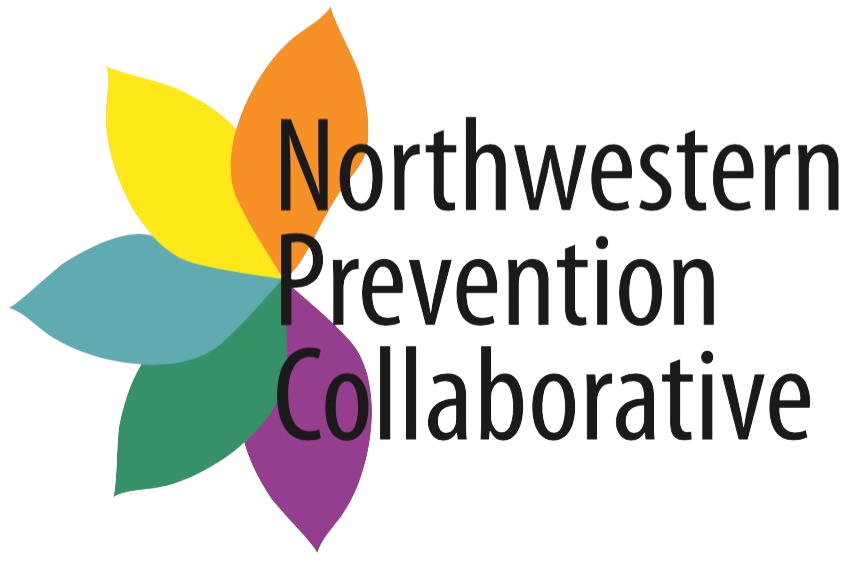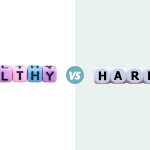When supporting someone on the journey of recovery, there is a fine line to walk. We long for a loved one with a substance use disorder to overcome it, to live their healthiest, best lives, substance-free. Sometimes that can make us push in a way that is not helpful to them. For example, we may provide well-intended advice and support that is closely connected to expectations. While expectations can help motivate someone, it is important that the person knows that our love for them is not connected to them meeting those expectations.
What It Means to Be in Recovery
We need to remember that each person needs to follow their own path of recovery. We may not agree with their path, but it is not our path to direct. It is theirs. And that path might meander a little. It might go up and down. It might go on a side path for a while. That’s okay.
When someone identifies themselves as “being in recovery,” that doesn’t necessarily mean that they are substance-free in this moment. It means they are trying their best to get there. Perhaps the road to recovery for someone you know looks more like a deer trail than a highway. That might be a bit discouraging, especially when someone steps off the path altogether, but remember that a deer is getting fed along the trail. For a person in recovery, human connections are the “food” that gives them strength.

Spending time with someone in recovery is the most important thing you can do.
Supporting Recovery: Walk Alongside
One of the most important things we can do is recognize and celebrate each step, both large and small, to encourage them and build up their confidence. By celebrating when a loved one makes progress and providing encouragement when they stumble, we can help people in recovery continue to move forward. No one can dictate the speed or path of their recovery, but we can be there for them.
People with substance use disorders usually struggle with more than one substance. So maybe recovery begins with getting through one day without one of the substances. Maybe it’s getting through an hour without any. Perhaps it is finally making that call to a Peer Support Specialist, a doctor, or a counselor. Or it could be the simple yet extremely difficult acknowledgement that they cannot complete this journey of recovery on their own.
What does it look like to celebrate each step forward? It doesn’t have to be anything expensive or grand. Celebrating can just mean an acknowledgement of the progress and/or an affirmation that you believe in the person and their strength to continue. It could be a hug. It could be giving them something small and fun, like a favorite candy bar, a small bouquet of wildflowers, or a card. You could make their favorite dessert or meal, or take them out for a cup of coffee.

Facing Setbacks
Know that this journey is a long one. It is very possible, even likely, that your loved one will begin using again, and how you treat them during that time can make a huge difference in their journey. When someone begins using substances again, they often feel shame. Displaying anger and disappointment around their decision to use again will only add to that. We might think, “Good! Maybe they’ll be so ashamed they won’t do it again!” However, that is not how this works. That sense of shame disconnects the person from you, a person they trusted. They then find it harder to trust others and admit that they need help. Their sense of loneliness increases, creating an emotional pain that can drive them towards substance misuse instead of away from it.
Anger, disappointment, fear—those are natural feelings, and it is important that you acknowledge them. It is how you express them that makes the difference. Yelling, belittling, insulting—those will drive the person away. Instead, try to let them know (as gently as possible) that you are angry or disappointed, but that you still love them and you are always ready to help them move forward again. If you can’t do that right away, it is okay to tell the person that this is very emotional for you, and you need some time to process it. Again, emphasize love and support. People who misuse substances often have a history of emotional pain. They often expect others to abandon them. Your immediate reassurance builds up a piece of resilience within them, so maybe next time, they can make it further on their journey of recovery.
Remember, the journey of recovery looks different for every person. What one person steps over, another person might stumble upon. What helps one person might have no impact on another. While “perfection” might be the goal of a substance-free healthy lifestyle, each step of progress must be directed by the person in recovery. We can hold their hand along the way. It might seem like a small thing to us, but it can mean the world to them.




Comments are closed.